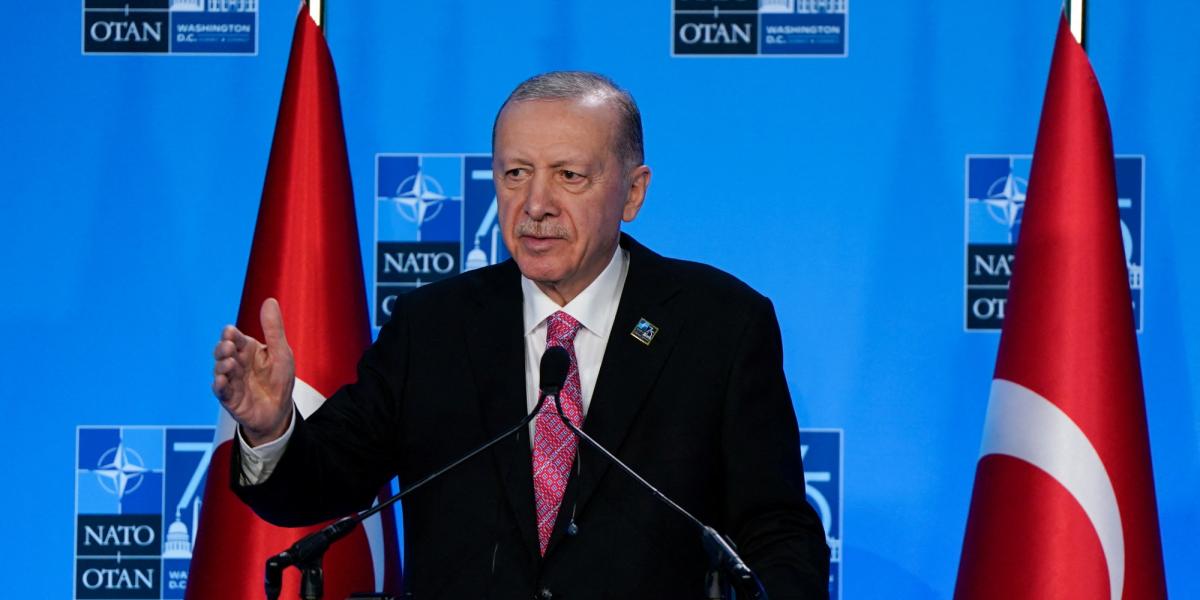Israel's Leadership Changes Amidst Security Concerns
The Israeli government is at a crucial juncture as tensions rise, reflecting underlying power shifts in response to regional pressures and national security.
Published April 01, 2025 - 00:04am

Image recovered from arabnews.com
The Israeli political scene has been tumultuous in recent weeks, with Prime Minister Benjamin Netanyahu making a pivotal decision by appointing Eli Sharvit, a former navy commander, as the new head of the Shin Bet, Israel's domestic security agency. This nomination, announced on March 21, has spurred debates within political and public domains, especially given the ongoing judicial challenges. The Supreme Court has temporarily frozen the dismissal of the agency's current director, Ronen Bar, after petitions filed by the opposition and non-governmental organizations. Bar's criticisms of the government's handling of matters, particularly after the October 7 Hamas attack, have heightened tensions.
Netanyahu, citing a lack of trust with Bar, aims to replace him, but current legal challenges delay Sharvit's official induction. Many critics, including opposition leader Yair Lapid, consider the appointment hasty, suggesting it interferes with judicial investigation into the so-called Qatargate scandal. This involves allegations of illicit payments to Netanyahu aides by Qatar. The complexity of the situation is augmented by Attorney General Gali Baharav-Miara's assertion that Netanyahu is currently banned from making a new appointment until these issues are clarified legally.
The Israeli government's actions are occurring amidst escalating regional tensions, chiefly involving renewed conflict with Hamas in Gaza. Israel has intensified military operations against Hamas, which the Israeli prime minister claims show success in exerting military pressure on the Palestinian Islamist group. Concurrently, efforts towards a ceasefire negotiation are in progress, with Egypt and Qatar playing mediating roles. An agreement seems elusive, as Hamas demands disarmament as a prerequisite, a demand Israel is not conceding to. The military conflict has significantly impacted Gaza's humanitarian situation. Reports indicate severe shortages of basic supplies as Israel imposes blockades, arguing it as a strategic move against Hamas, accused of hoarding aid supplies. The United Nations warns of a looming humanitarian crisis as Gaza faces potential food shortages.
Furthermore, the Israeli Defense Forces have revitalized military campaigns in the Rafah area, responding to militant threats and urging civilians to seek safety. These developments align with broader regional and international discourse on humanitarian and security dimensions. Meanwhile, Hamas continues to engage with mediators, expressing hope for substantive progress in negotiations aimed at forging a sustainable ceasefire and facilitating humanitarian aid access. Palestinian reports estimate significant casualties from Israeli retaliatory strikes, adding a layer of urgency to international calls for a humanitarian resolution.
Amid this tense scenario, domestic political dynamics in Israel reflect deeper divisions. Netanyahu's government is moving forward with judicial reforms, recently passing legislation that enhances political influence over judicial appointments. These actions have fueled public demonstrations, as critics view them as shifting power dynamics that tilt towards autocracy. Within this context, Benjamin Netanyahu's decision to nominate Eli Sharvit, an individual of notable military background and strategic expertise, signals intentions to further consolidate governance mechanisms surrounding national security.
As political and security climates intensify, the international community continues to monitor developments closely. The intersections of internal judicial contentions with evolving external threats underline pressing complexities for Israel and its geopolitical allies. The unfolding narrative highlights intricate interdependencies influencing regional peace, and stability prospects in the Middle East remain primarily speculative as Israel navigates domestic governance alongside contentious regional involvement.







